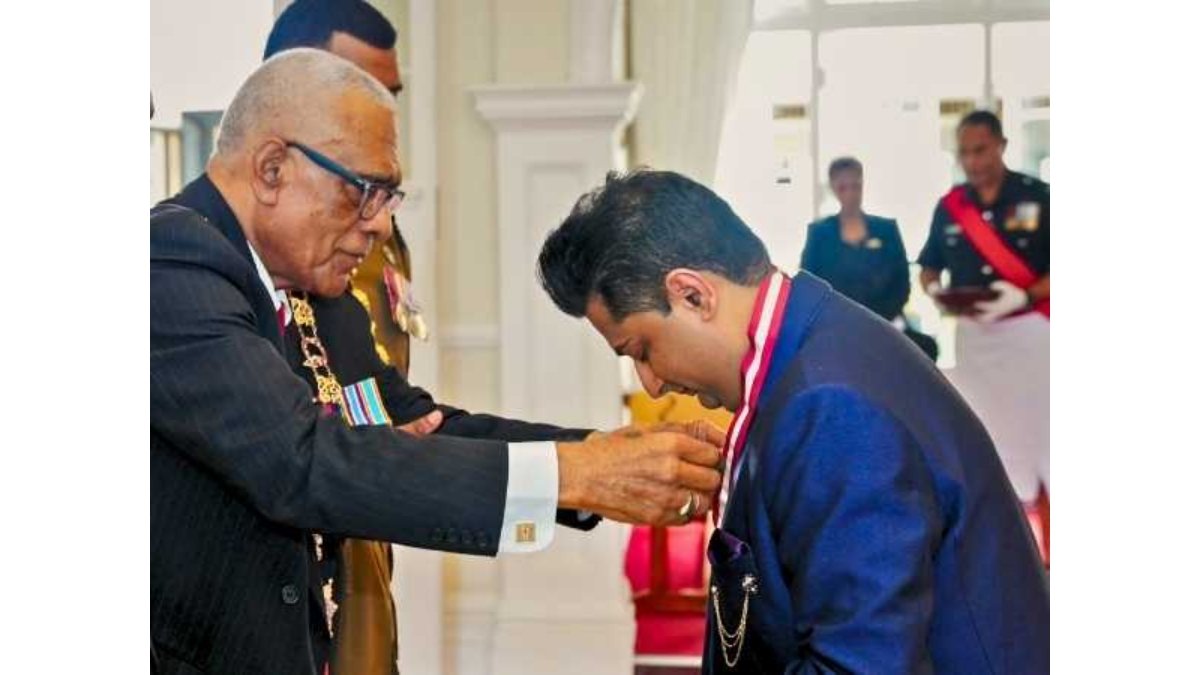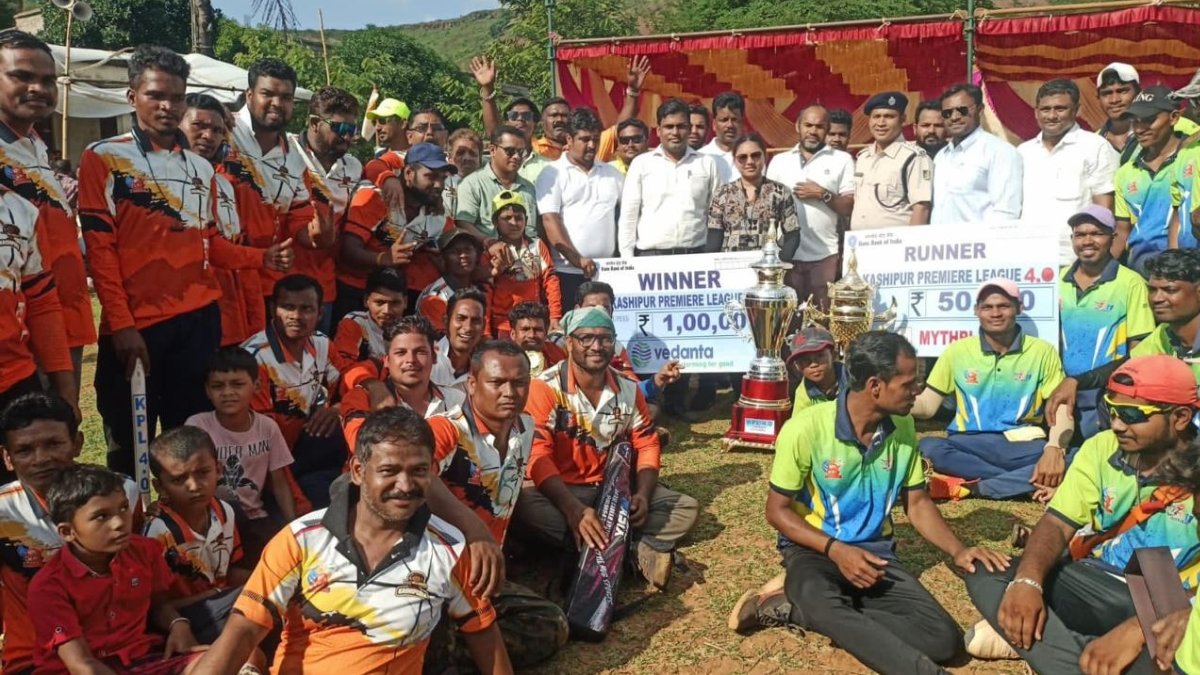
New Delhi [India], May 18: Aggrieved by the Madras High Court’s observations, the Election Commission approached the Supreme Court. The entire liability of India’s 2nd wave of ramification was solely attributed to ECI by the Madras HC. It held that EC has failed in maintaining COVID-19 protocol during election campaigns in four states and a Union Territory and also made scathing comments like the poll panel “should be put up on murder charges” for being the ” the only institution responsible for the situation”.
Did the elections cause the spike?
The Election Commission of India had already issued a cautionary, although political parties or the government paid no heed but saw the crowd as an affirmation of their leadership. On 22 April, EC banned all public gatherings limiting it to 500 people with safety rules. However, the upsurge was not limited to polling states but the rest of India also witnessed a deluge. Maharashtra, Chhattisgarh and Karnataka, held no elections but were severely stricken.
In absence of any ground-level data of infection rates among people who likely have attended rallies and other dwellers of such area, it is highly questionable to denounce the entire liability on ECI.
Furthermore, if we compare cases in polling states with the top five states reporting the highest daily cases, it doesn’t provide any conclusive evidence to endorse EC culpable for the upsurge. Also if we compare current data with April 2020, we would find that Corona was growing fastest in West Bengal, doubling in a week, followed by Maharashtra and Gujarat, at 8 days respectively even amid nation-wide lockdown.
Population density is also a significant factor. The biggest surge was witnessed in Delhi from 0.4% on 26th February to 32% on April 28 where there was no election, and Delhi’s higher population density than the polling states cannot be ignored, followed by 4 non-election states—Maharashtra, Karnataka, Chhattisgarh and UP also showing alarming spike.
Pertinently, few scientific studies on virus transmission even give a conflicting view with Madras HC. Prof Lawrence Young of Warwick Medical School says that “Not least [is] the fact that the virus released can be rapidly diluted through the atmosphere,” and hence stating that the risk of virus transmission at outdoor gatherings is generally low compared to indoor events cannot be ruled out.
The High court pointedly declared ECI “Mass Murderer”. A reprimand of such nature has decremented the people’s trust in ECI is perhaps not a positive portent for this democracy.
The Election Commissioner Rajiv Kumar though has been facing severe public criticism, has firmly volunteered for appropriate punishment. It has come to notice that Kumar even acted in furtherance of filing an affidavit before the Hon’ble Supreme Court of India, enunciating the consequences of procrastinating the recently-held assembly polls due to the corona-virus pandemic, could make equity of the poll panel questionable and favouring one party against another in-turn would have seen severe criticisms.
Although the aforesaid draft-affidavit, owing to procedural discrepancies couldn’t be filed, Kumar to preserve the sanctity of ECI even offered to quit, saying that the institution “needs to be absolved of the mistrusts raised on it to save the democracy” lest everyone else start making insinuations and allegations in much more magnified, exponentially derogatory terms”.
The Constitution of India along with other acts like the Representation of Peoples Act empowers the Election Commission of India. In accordance with Article 324 of the constitution, ECI as an independent constitutional authority may instruct the State Governments but can’t interfere in the general administration, neither can it take over the administration. Moreover, the current approach of the ECI to conduct elections has to be analysed in consonance with the Disaster Management Act, 2005, to mitigate the ramification and compliance of protocols thereby are the responsibilities of National and State Disaster Management Authorities and associated ministries as well. Furthermore, the Indian government in consultation with other concerned ministries along with the EC had issued Guidelines for Conducting General Elections or Bye-elections as early as August 2020. Therefore clubbing of phases in the West Bengal polls would have been violative of the Representation of the People Act.
In pursuance of Madras HC’s remarks, it’s noteworthy that High Courts don’t have extraterritorial jurisdiction and more so the aforesaid remarks appear to be a judicial overreach. The ECI’s decision to conduct elections doesn’t appear unreasonable as at the time of declaration of elections the Covid situation was apparently under control in polling states, thus it cannot be seen to be unfair.
The EC even devised afresh protocols and all campaigns from 10 am to 7 pm were banned onwards April 16 and by 27th all the victory processions were prohibited. On the contrary, the upsurge which may majorly be attributed to the political rallies were either by the Central ruling party or the incumbent state government, despite that the entire criticism was held on ECI’s head.
Nearly 11 lakh personnel deployed in recent elections are not exclusive of ECI and such remarks would indeed demoralise them who cannot be mute spectators to such downgrading of their role played in keeping the democratic functions alive even during tough times. General Voters, contesting candidates and political parties particularly, would tend to mistrust EC to hold free, fair, transparent elections and with such mistrust, law and order the country would face is unimaginable.
In the contemporary era, the media with versatile information being relayed in all possible modes, our Hon’ble Courts are perhaps required to be more cautious while making any remarks which are especially not an issue under review. High constitutional authority like ECI’s sanctity must be preserved by the judiciary at all costs. Hence leaving it to the judgement of the court to punish in the manner the court pleases to seem more judicious.
It is certainly not wrong to state that Covid-19 has also accounted for fatalities of various EC officers, despite this, EC most arduously conducted elections which is surely commendable. The severity of the ongoing second wave of Covid-19 in India is a failure not just on part of the government but the people but there is no reason why India cannot tackle Covid if the people of the world’s largest democracy act as conscientious citizens.








